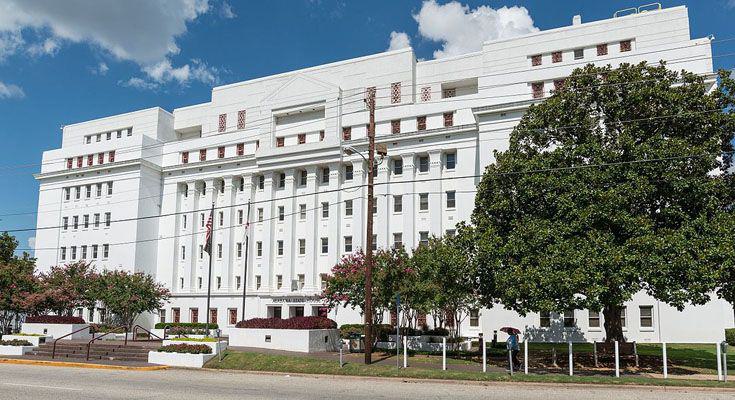A substitution is in the works for the school choice bill in the Alabama legislature.
Rep. Charlotte Meadows and Sen. Del Marsh introduced school choice bills in their respective chambers. The bill is called the Parents Choice Act (PCA) and seeks to give parents and students more room to select schools of their choosing.
Currently, Alabamians are taxed to fund the public education system. The current system limits choices for those who cannot afford alternative forms of education, leaving them with only the public schools within their county or city limits. The PCA seeks to allow parents of students to receive access to a portion of their tax dollars to use them for a school option they choose by starting an educational savings fund.
There have already been multiple amendments to the PCA in senate committees. And now, according to Meadows, a substitution is expected in the Senate from Marsh.
Meadows claims that negotiation is essential in passing certain legislation, stating she is willing to negotiate but is attempting to maintain as much of the bill as possible. The substitute is being worked on in the Senate before it is addressed in the House.
“Typically, in big bills like this – I mean this is kind of a big deal – there’s some negotiating,” Meadows said. “If we can get the Senate to agree to do the whole thing, that’s great. But if we can only get them to do half of it, then I don’t need to start with the whole thing in the House. I need to start with the half, and then maybe we get a quarter. I’m willing to negotiate, but I’m trying to get as much as we can to improve education.”
While Meadows disagrees with the amendments, she claims that Marsh’s negotiation within the caucus is simply part of the legislative process. She also confirmed that the fiscal note on the substitute would have less money going into the student savings account, saying it will be “way less” than the over $500 million in the original bill.
Meadows stated that the substitute will not be as much of an initial drain on the Education General Fund because it will be phasing in new students every year. The substituted bill would only apply to kindergarten children this year, with new students being phased in every subsequent year.
“Any time you’re working a big piece of legislation, you’ve got to be willing to look at what other people are thinking and get their thoughts and incorporate them into the bill, and I think that’s what [Marsh] is trying to do, is listen to his caucus and listen to the other senators and figure out what can they vote yes on and what are they going to balk at."
One of the amendments to the original bill would require a state assessment for those who chose not to attend government-funded schools, which Meadows believes is too restrictive.
“One of the amendments that was added last week required all students to take the state assessment," said Meadows. "Well, I didn’t even like that amendment, and he accepted it because he thought it made sense. What really makes sense is to have a state assessment or a national norm-referenced assessment. I don’t think that gives anybody heartburn because all the private schools are already doing that, public schools are taking the state test, and most homeschool families are usually doing something similar to that. It’s just an accountability measure.”
President Pro Tempore Greg Reed stated that the substitute is being worked on behind the scenes. Reed noted that the bill was still “fluid,” with no indication of when it will be presented in the Senate.
“There’s continued discussion there,” Reed said. “There’s been quite a bit of change related to that legislation in the different scenarios, based on how that came out of committee. We’ll just have to wait to see what happens. There’s been a lot of concerns in both directions from groups related to that legislation”
To connect with the author of this story, or to comment, email craig.monger@1819News.com.










